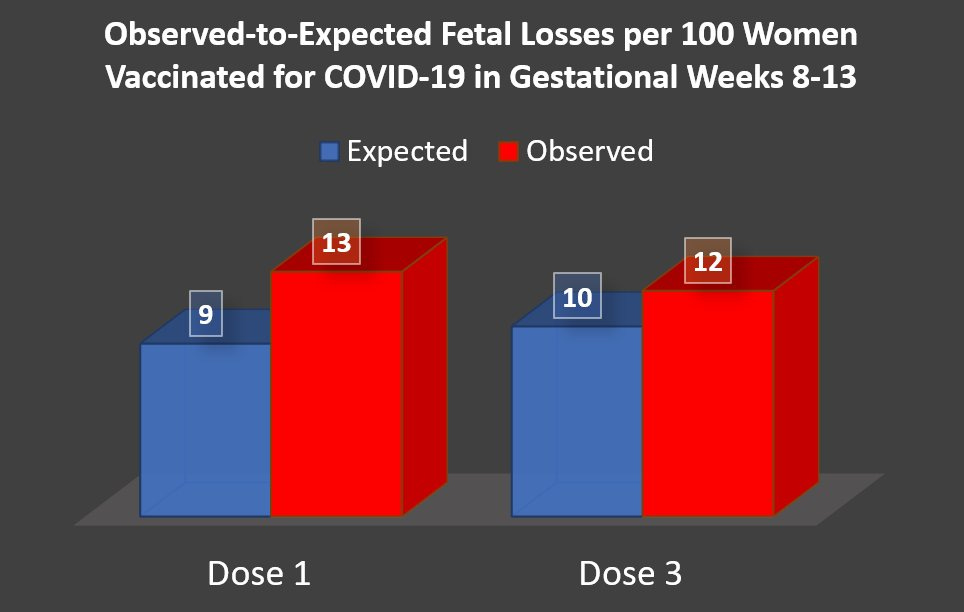A bombshell new study by world-leading MIT researchers has blown a hole in the official narrative around COVID-19 vaccine safety during pregnancy — revealing a disturbing spike in fetal losses when the shots are given in the early weeks.
Titled “Observed-to-Expected Fetal Losses Following mRNA COVID-19 Vaccination in Early Pregnancy”, the pre-print study found that women who received their first dose between weeks 8 and 13 experienced 43% more fetal losses than expected. Those who got a third dose during the same window saw a 19% increase.
Even more alarming: most of the excess losses occurred after 24 weeks — a period when stillbirths are rare and closely regulated under Israeli law. That rules out behavioral factors and strongly suggests a biological cause.
The research team includes respected experts like MIT’s Prof. Retsef Levi and Dr. Tracy Beth Hoeg, both known for challenging flawed pandemic policies. They say they tried every way possible to explain the findings—but each test only made the results more robust.
The research team used a detailed model based on 2016–2018 medical records to predict each woman’s baseline risk. Their predictions held up for unvaccinated women and those who got flu shots during pregnancy.
But for COVID-vaccinated women, the model broke down. Losses were much higher than expected, pointing to a real safety signal.
To test for bias, the study also looked at women who received influenza vaccines in the same gestational window. Interestingly, those women had fewer losses than expected—a typical sign of “healthy vaccinee bias,” where healthier people are more likely to get vaccinated.
That bias should have made the COVID shots look safer. Instead, the opposite happened.
Our new pre-print on COVID-19 vaccine safety in pregnancy is out!
— Josh Guetzkow (@joshg99) June 20, 2025
Women vaccinated in early pregnancy (weeks 8-13) had a higher-than-expected number of fetal losses:
Dose 1 = 3.9 more per 100 women
Dose 3 = 1.9 more per 100 women
Based on data on >200K pregnancies in Israel
🧵 pic.twitter.com/oCKiuvXuhC
This challenges the claims from earlier studies, many of which didn’t look closely at early pregnancy or lumped all losses together. Others relied on crude vaccinated vs. unvaccinated comparisons during vaccine campaigns, a method prone to bias.
This study’s strength lies in its personalized, data-driven approach—matching each woman’s outcome to her unique risk profile.
Importantly, the study debunks the widely circulated claim of an “86% miscarriage rate” from Pfizer’s early data. That number was based on a misreading, and the authors are clear: their concern isn’t a single massive spike, but a clear and distributed rise in losses—especially late in pregnancy—that standard methods tend to miss.
So far, public health officials have been silent. But for women of childbearing age—and for anyone who still believes in data-driven medicine—this study should be a wake-up call.
Because when the risks involve unborn children, brushing aside inconvenient facts isn’t just dishonest. It’s dangerous.

